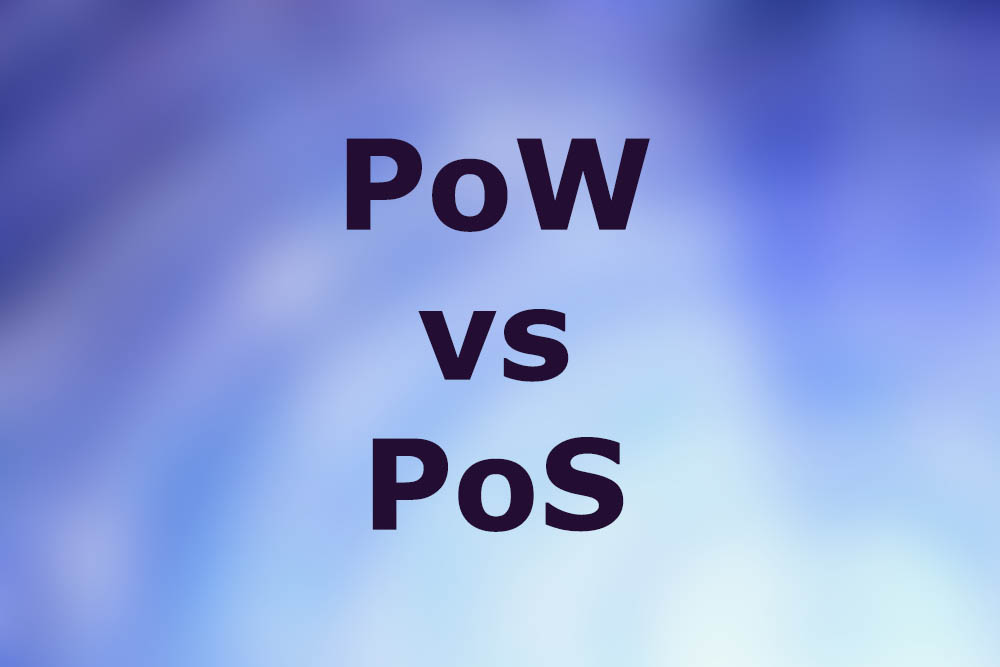To proof of work (PoW) or not to PoW, that is the question many cryptocurrency enthusiasts are debating over in the sphere. The alternative, of course, the proof of stake (PoS) concept of blockchain transaction validation that some minor and currencies such as Peercoin, BlackCoin, and Qora have used.
The debate has been heated since the Ethereum blockchain has announced a hard fork it is working towards. The hard fork would shift the blockchain from proof of work transaction validation to the proof of stake validation method. The obvious reason? Energy consumption required for PoW validation is much higher than what would be required for PoS.
The Chief Executive Officer of Coinnut cryptocurrency exchange and also the Director at the Litecoin Foundation Xinxi Wang believes that the newly incepted system has no real advantage over the PoW validation method. He believes that the PoS system essentially has the same flaw as the PoW since the fifty-one percent (51%) holding of the network would be owned by the rich and they will continue to grow richer.
On the other hand, he also believes that the energy used is for the very security of the network and well worth the cost. However, he argues that if the group controlling fifty-one percent stakes (51%) has to be changed, it would be almost impossible to break that control power. Since the proof of stake is determined by the number of coins a forger possess.
Wang furthers that on the other hand, a PoW based system cannot be held by a specific group of people since more hash power can always be added to sway the control leaving the blockchain open for better decentralization. This also opens a new debate. Is a PoS system really going to be decentralized when a fixed group of people continues to control the blockchain without major hurdles?
Land a High-Paying Web3 Job in 90 Days: The Ultimate Roadmap
 proof of work vs proof of stake validation for blockchain
proof of work vs proof of stake validation for blockchain